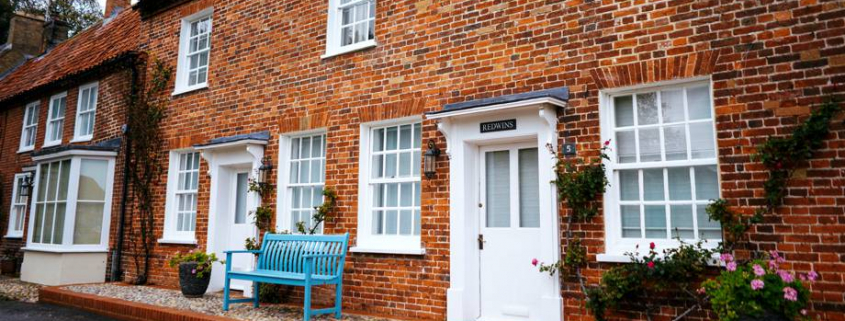Holiday lets tax advantage to end
April will see the government’s decision to abolish the Furnished Holiday Lettings (FHL) regime put into force.
The move removes a longstanding tax advantage that treated qualifying holiday lets as trading rather than investment properties.
From April 6 2025, holiday let owners will see their properties aligned with standard residential lettings for tax purposes.
Profits will be treated as property income rather than trading income, restricting loss relief and changing the calculation of capital gains tax.
In a statement following the announcement HMRC said: “The distinction for a furnished holiday let was introduced in 1984 and provided different and more beneficial tax treatment for short-term lettings within the property investment sector.
“Repealing the beneficial tax treatment for furnished holiday lettings promotes fairness by removing the tax advantages that furnished holiday let landlords have over other residential property landlords.”
The removal of FHL will have a number of impacts. Mortgage interest on FHLs is currently treated as a deduction from rental income for income tax purposes.
From April 2025, relief will instead be given as a 20 per cent tax credit for higher and additional rate taxpayers. This means a reduction in tax relief for individuals from 40 per cent and 45 per cent respectively.
Also, FHL profits will no longer be treated as relevant earnings for the purpose of claiming tax relief on pension contributions or for Class 2 and voluntary Class 3 NIC purposes.
People currently claiming capital allowances will need to review their position, though transitional provisions protect existing allowances.
The changes particularly affect owners who had planned to claim Business Asset Disposal Relief on eventual sale.
From April 2025, the normal residential property CGT tax rate – currently 24 per cent – will apply.
The Country Land and Business Association (CLA) has condemned the move to remove FHL tax support, saying it will “punish local economies”.
Its president Victoria Vyvyan said: “For many farmers and landowners, diversification into the holiday lettings market is a business necessity.
“The short-term rental and holiday let sector contributes billions to the wider economy, supporting local shops and restaurants and creating tens of thousands of jobs.
“Abolishing the Furnished Holiday Lets regime will only punish people who are helping to grow local economies.
“It is far from a tax loophole, providing a crucial support mechanism, strengthening the resilience and viability of many rural businesses that in turn enables them to invest in their work looking after the environment and feeding the nation.
“By converting unused or underutilised properties, that may not be suitable as homes in the private rented sector, into high-quality holiday accommodations, property owners contribute to the local community’s economic vitality.”
• To discuss any issues raised by this article please contact me on 01772 430000




